Research Counts
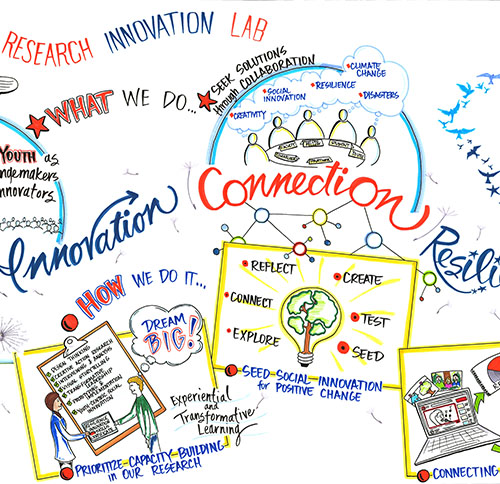
Youth engagement in social, economic, and environmental spheres can increase resilience for communities overall. The 4P Framework for Youth Engagement provides guidance to ensure that the considerable talents of young people are applied to the best advantage.
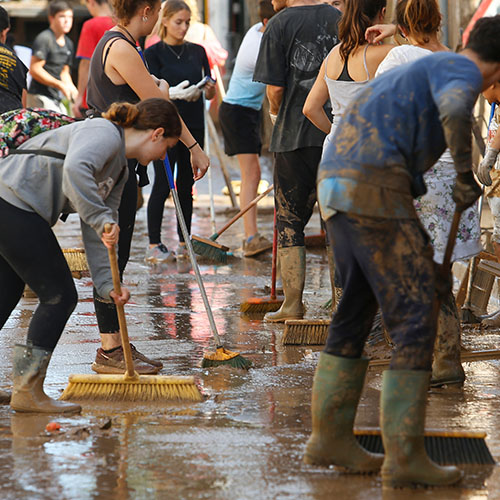
Although children can be especially vulnerable in disasters, they are also amazingly resilient by nature. Including youth in disaster preparedness and recover recovery doesn’t just improve community resilience—it’s also a beneficial exercise that can empower our youth and help them grow.

Environmental disasters can impact teens in ways both different and similar to how they impact adults. To reduce their stress about the uncertainties, it's important to ensure that young people are fully informed and have a voice in recovery.
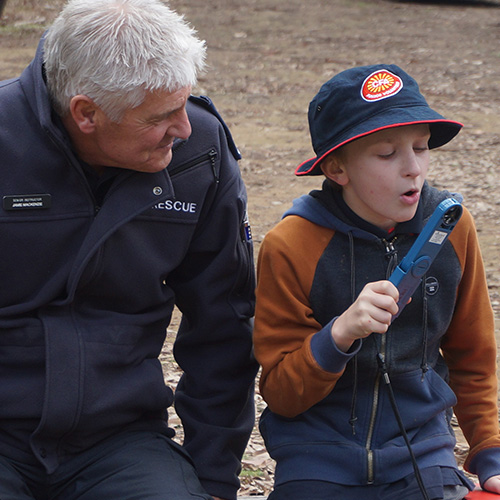
If children are to reach their full potential as actors in disaster risk reduction and resilience activities, education programs needs to do more than simply give information. New holistic, place-based approaches help connect kids with disaster impacts and how their actions can help.
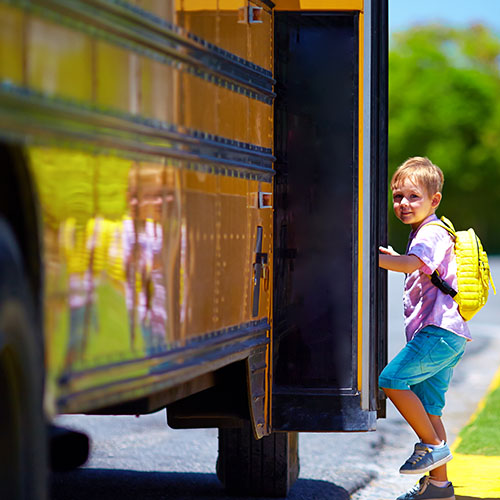
Reopening schools can be key to helping the entire community recover after a disaster. Educators who endured Hurricanes Matthew and Harvey weigh in on what helped them recover more quickly.
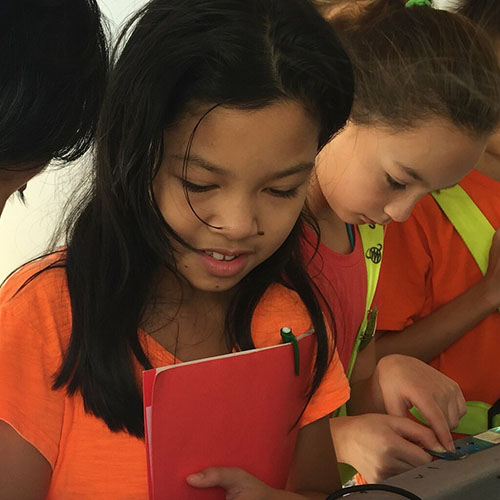
After a disaster, there are many types of support offered for students, but less is available to teachers who struggle with the same impacts. Supporting both groups equally is key to helping schools recover more quickly.
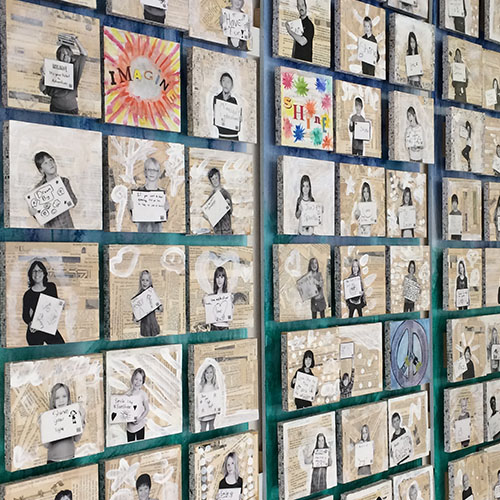
When disasters strike, schools are on the front lines of recovery for the entire community. Creating written disaster plans—and the political will and communication paths to support them—can help schools provide this vital function.
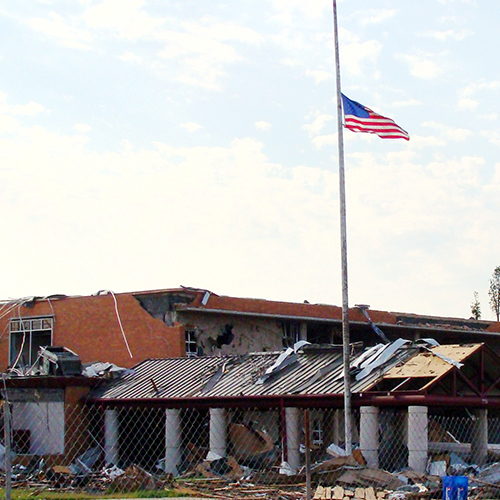
Children’s health can be a powerful indicator of how well a community is recovering from a disaster. The inverse is also true—investing in systems that support children can lead to faster recovery for the community as a whole.
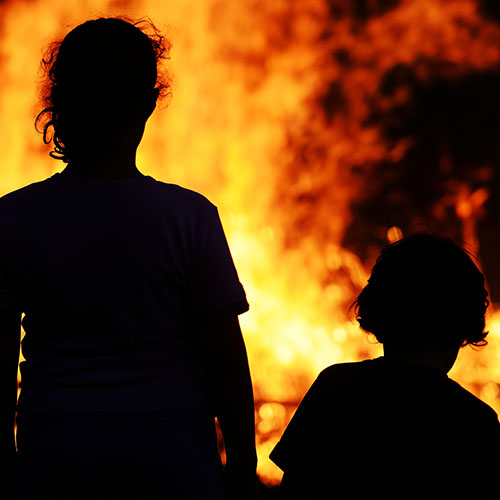
For families whose children have special healthcare needs, preparing for disasters, evacuating, and finding shelter can be overwhelming—and missteps can be life-threatening. Luckily, steps can be taken to keep families safe and reduce stress.

Small steps and a change of perspective about infant feeding in evacuation shelters could have big impacts on the well-being of mothers and children alike.
If you are interested in contributing to this series, please contact Natural Hazards Center Director Lori Peek directly at lori.peek@colorado.edu.
